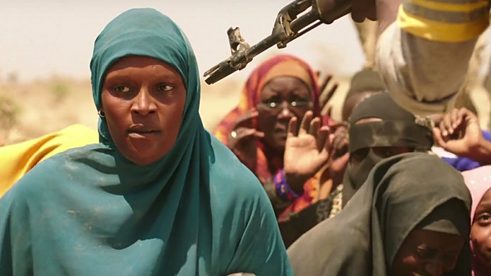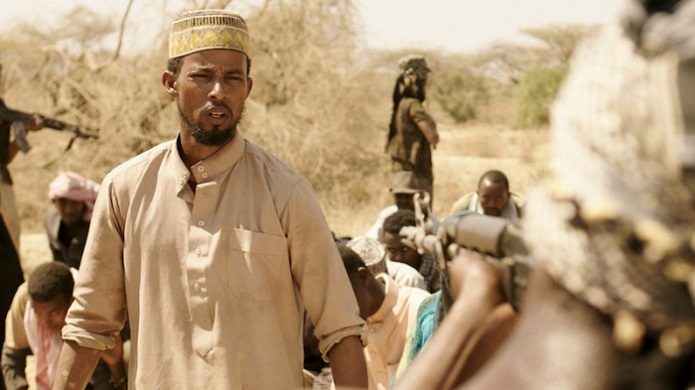Flickerfest
Watu Wote: A timely and resonant true tale

For her graduation project ‘Watu Wote: All of Us’ at the Hamburg Media School, director Katja Benrath ensures what could’ve been a bleak tale instead shines with resilience and the spirit of defiance.
When Watu Wote: All of Us introduces its protagonist, Jua (Adelyne Wairimu), her apprehension is instantly evident. Her posture is tentative, her steps cautious — and when the camera cuts from her silhouette to an altercation on the Nairobi streets, and then to her worried face, she’s clearly trying to mask her fear. A Christian in a region where members of her faith have been repeatedly attacked by Al-Shabaab terrorists, as detailed in opening text, her visible anxiety sets the tone for what will prove a tense 22-minute short.
The film that follows doesn’t merely depict Jua’s stressed state in a heightened, frightening but also everyday scenario near Kenya’s border with Somalia. Based on real-life events in December 2015, it finds ample ways to convey her concern, while also providing a hopeful and heartfelt ode to solidarity. Jua will board a bus bound for Mandera County, spend her trip keeping to herself and clutching her rosary beads, and have her apprehension seem justified when the vehicle loses its police escort and is subsequently stopped by gun-wielding jihadists. Surrounded by Muslim passengers, she’ll also discover the surprising strength, determination and goodwill between strangers that can still remain even in the most troubling and trying situations.
 Production photograph
| © Watu Wote
Production photograph
| © Watu Wote
A TIMELY MESSAGE
For her graduation project at the Hamburg Media School, director Katja Benrath ensures what could’ve been a bleak tale instead shines with resilience and the spirit of defiance. That’s not her achievement alone; drawing upon a script written by Julia Drache in consultation with Alexander Ikawah and Brian Munene, and interviewing witnesses from the 2015 incident as part of her preparation, she’s guided by actuality. Indeed, across its brief running time, Watu Wote: All of Us splashes its aims across every frame — not only recreating reality, but championing the message that’s intertwined in its true story. As the short progresses from terse and fraught to delicately optimistic about humanity’s connection to each other, it offers an account about positive actions conquering negative rhetoric that couldn’t be more relevant today.Still, as a feat of filmmaking, Benrath’s dramatisation shows skill in not only aligning viewers with Jua’s mindset, but taking them along the rollercoaster ride that comprises her experience. The now six-time director demonstrates an impressive handling of her lead character’s many emotions and the bigger picture they’re tied into — as ably assisted by cinematographer Felix Striegel, who assists with turning the enclosed space of the bus into both a source of menace and solace.